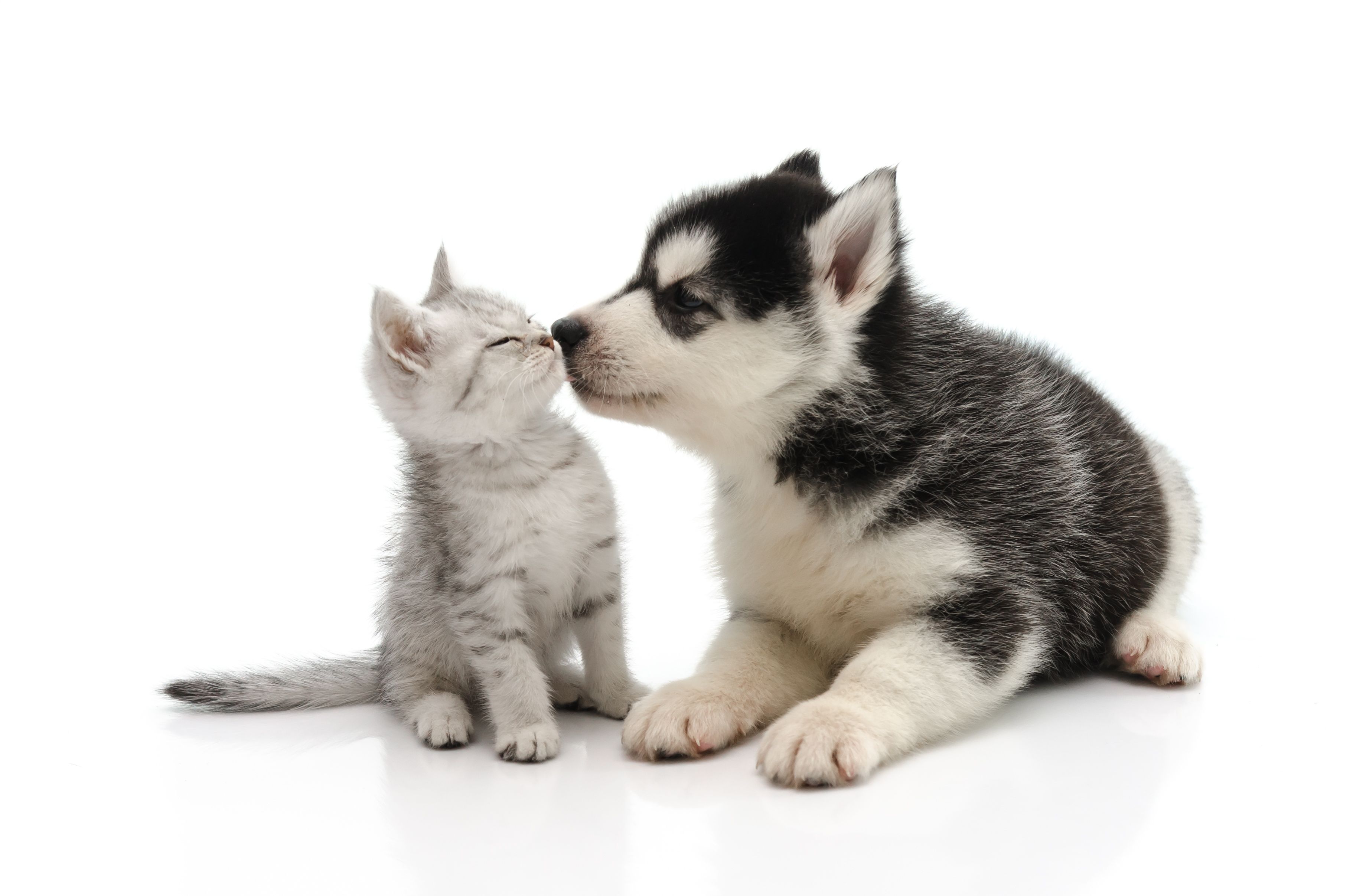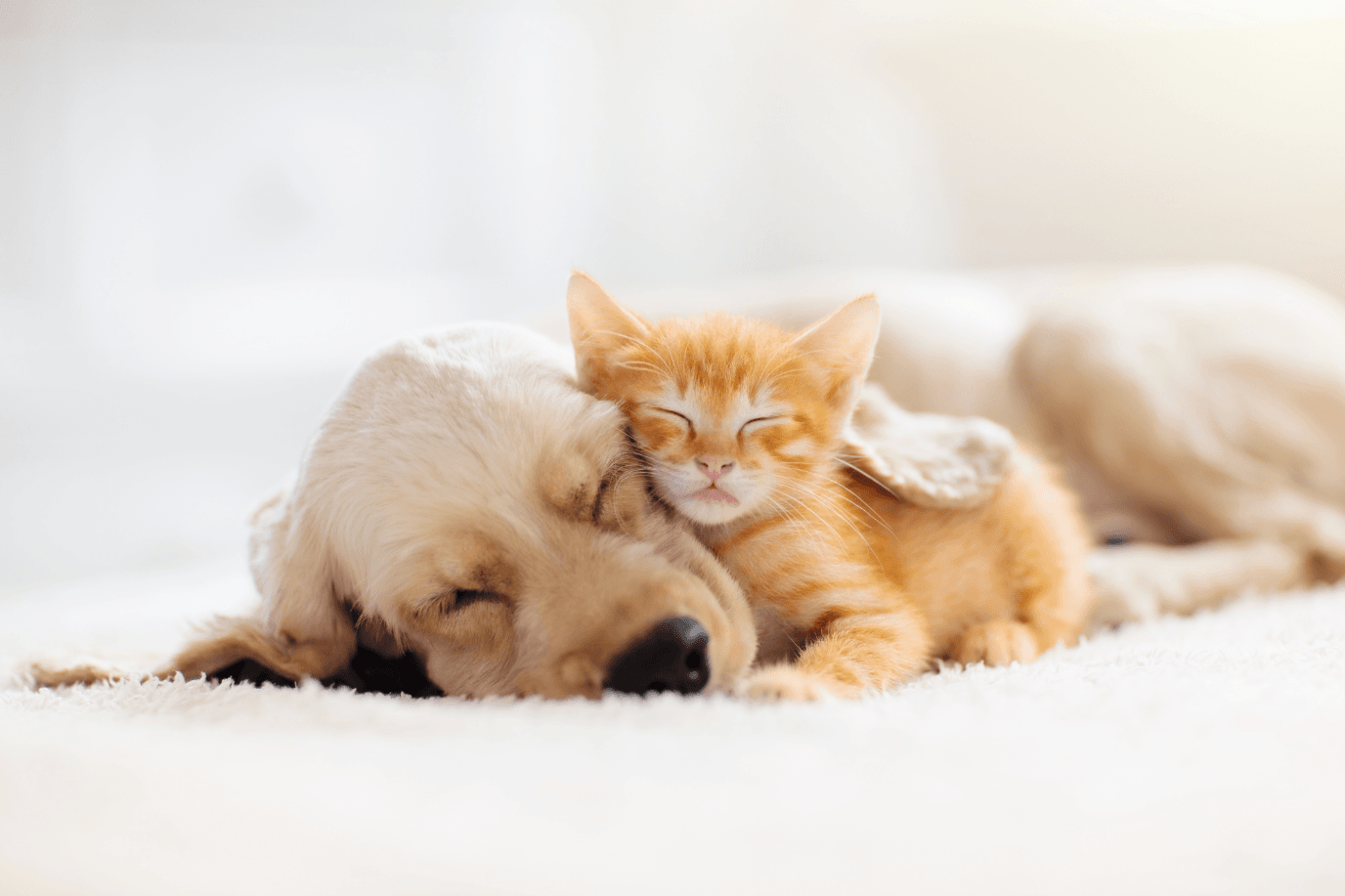

Vaccinations
Shield Your Furry Friends: The Importance of Pet Vaccinations!
Being a responsible pet owner means safeguarding your beloved companion from life-threatening diseases. Pet vaccinations play a crucial role in this protection, preventing serious illnesses that can be fatal.
Regular pet vaccinations have significantly reduced diseases like Distemper and Canine Hepatitis in dogs. While some diseases like Canine Parvovirus, Feline Leukaemia, and Myxomatosis are still prevalent, vaccines remain our best defence. Treatment for these diseases focuses on symptom reduction and supporting the immune system, with no specific cure available.
We recommend continuing vaccination throughout the pet's lifetime, in accordance with the vaccine licences, to provide ongoing immunity.
Protect your pets for a healthier, happier life!

Dog Vaccinations
- We usually use Versican Plus DHPPi/L4 for the main dog vaccine, a high-quality dog vaccine. The first vaccine can be administered from 6 weeks old. The second vaccine dose should be administered 3 - 4 weeks later but not before ten weeks of age.
- It covers Distemper, Canine Hepatitis, Parvovirus, Parainfluenza, and Leptospirosis (4 Serovars).
- Kennel cough can also be vaccinated. We usually use an intraoral form where the vaccine is applied to the gum, but sometimes, we use a nasal version. Both are effective vaccines; we advise they are given three weeks before immunity is desired.
- Annual booster vaccinations are then advised.
Cat Vaccinations
- We usually use Versifel CVR + FeLV. The primary course is administered from 9 weeks of age, with the second vaccine 3-4 weeks later.
- It covers Feline Enteritis, Panleukopenia, Cat Flu, and Feline Leukaemia.

Animal Trust is a trading name of Animal Trust Vets CIC, a community interest company registered in England and Wales. Company Registration No: 07938025
Registered Office: Animal Trust Administration Centre, Cedab Road, Ellesmere Port, CH65 4FE
